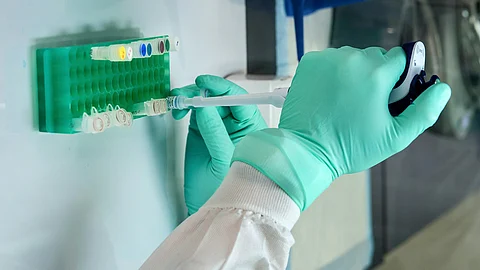The trial's results were promising. Patients tolerated even the highest doses, with manageable side effects such as low-grade cytokine release syndrome and no neurotoxicity, a common complication of CAR-T cell therapy. Among patients with follicular lymphoma, 85% achieved complete remission, with responses lasting an average of 17 months. Furthermore, nearly half of patients who had relapsed after CAR-T therapy responded to the CAR-NK treatment, with 30% achieving complete remission.
Lead researcher Dr. Armin Ghobadi emphasized the advantages of CAR-NK therapy, including reduced toxicity and broader accessibility. “FT596 represents a significant improvement in treatment options for patients with relapsed or refractory lymphoma,” he noted.
As the safety and efficacy of CAR-NK cells become increasingly evident, researchers envision broader applications, including solid tumors and autoimmune diseases. With its scalable manufacturing process and reduced toxicity, this therapy could redefine the landscape of cancer immunotherapy, offering new hope to patients worldwide.
(Newswise/DN)


